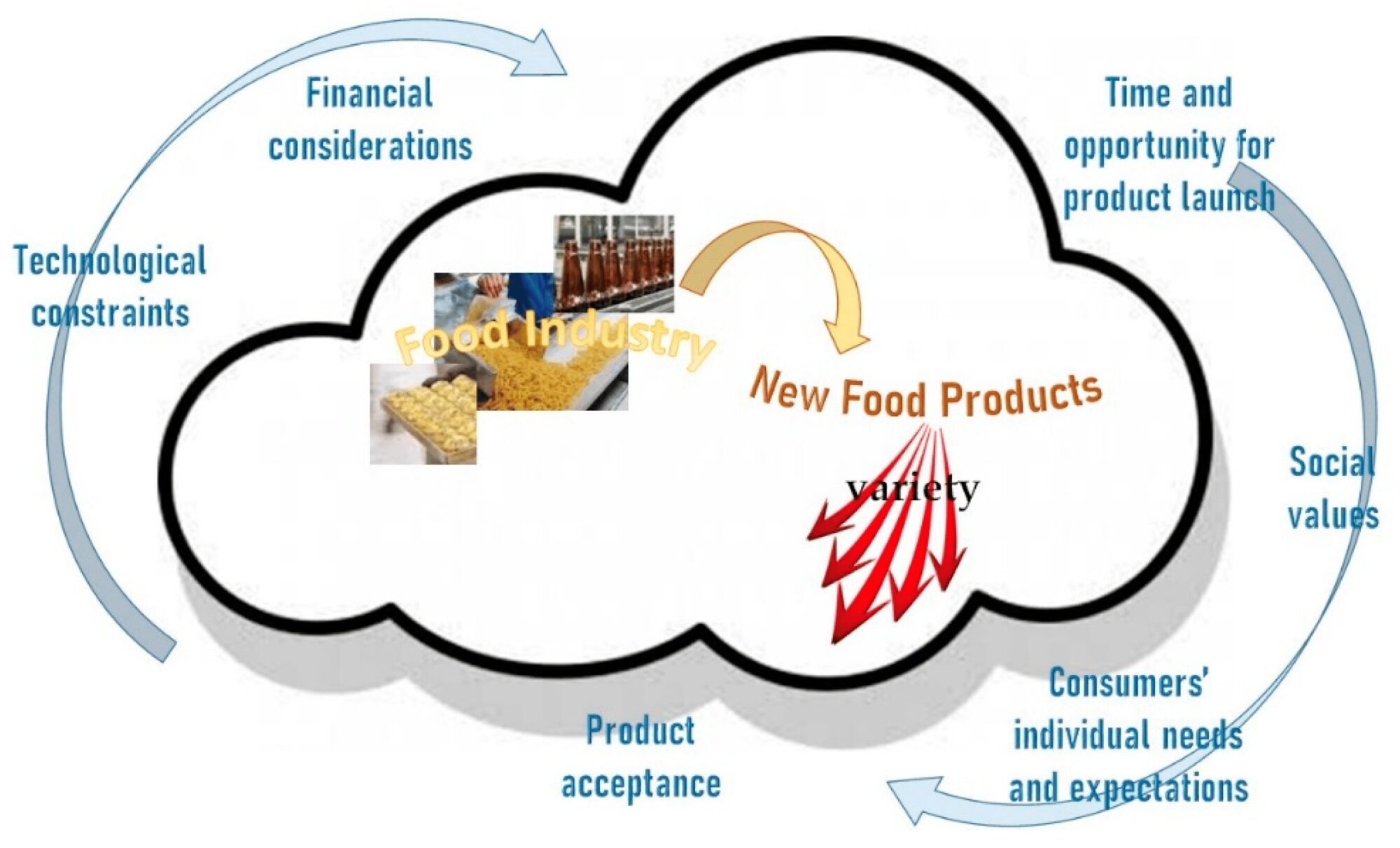In the fast-paced landscape of consumer goods, innovation isn’t just desirable—it’s essential. Consumers today are increasingly discerning, driven by the desire for high-quality, personalised products that meet their unique skincare needs. Leveraging agility and creativity, private label brands are stepping up to deliver precisely what the market demands.
Understanding the differences between white label vs private label manufacturing helps brands strategically select their ideal partners. At the core of successful private label product development lies an agile approach that balances rapid innovation with stringent quality control. For a cosmetic manufacturer specialising in private label organic skin care, adopting streamlined processes significantly reduces lead times from concept to consumer. By closely aligning product innovation with real-time market insights, private label brands can swiftly respond to emerging trends, setting themselves apart in a crowded marketplace.
Understanding Consumer Needs through Data Insights
Innovation begins with understanding precisely what consumers want. Leading private label manufacturers harness advanced analytics and consumer data to anticipate trends and preferences accurately. They closely monitor shifts in consumer demand, enabling brands to create products, particularly private label organic skin care items, that resonate deeply with targeted demographics. This strategic use of data minimises guesswork, ensures relevance, and maximises consumer satisfaction and loyalty.
By utilising data-driven approaches, cosmetic brands can identify unmet skincare needs and introduce groundbreaking formulations faster. For example, recognising a rising demand for vegan, cruelty-free skincare products, manufacturers rapidly innovate formulations that meet these criteria, positioning their clients ahead of the competition.
Leveraging Technology to Enhance Innovation
Technology has become the backbone of accelerated product development within the private label sector. Cosmetic manufacturers are increasingly investing in digital solutions, including artificial intelligence (AI) and automation, to optimise every step from formulation to packaging. AI-driven tools streamline R&D processes, predicting product efficacy and consumer acceptance rates before products reach the testing phase.
Automation further accelerates manufacturing cycles, allowing brands to scale production seamlessly without compromising quality. From precision mixing in skincare formulations to automated quality checks, technology significantly reduces the margin for error and speeds products to market.
Collaborative Partnerships Driving Efficiency
A crucial yet often overlooked component in the accelerated product innovation cycle is the strength of partnerships. Successful private label skincare manufacturers foster deep collaborative relationships with ingredient suppliers, packaging experts, and regulatory consultants. This network allows for rapid sourcing of high-quality raw materials and efficient navigation of compliance requirements.
These collaborative efforts help streamline innovation cycles, providing clients with confidence that their products will be effective, compliant, and timely in reaching market shelves. Understanding the intricacies of white label vs private label partnerships ensures brands can efficiently collaborate and select the most suitable manufacturing solutions.
Conclusion
Accelerating innovation from concept to consumer demands a precise blend of consumer insights, technological adoption, and strategic partnerships. Private label skincare manufacturers who master these elements not only meet market expectations but continually set new standards. In a world where speed and relevance dictate consumer preferences, those brands positioned at the forefront of innovation are invariably the ones that capture lasting market loyalty.





























